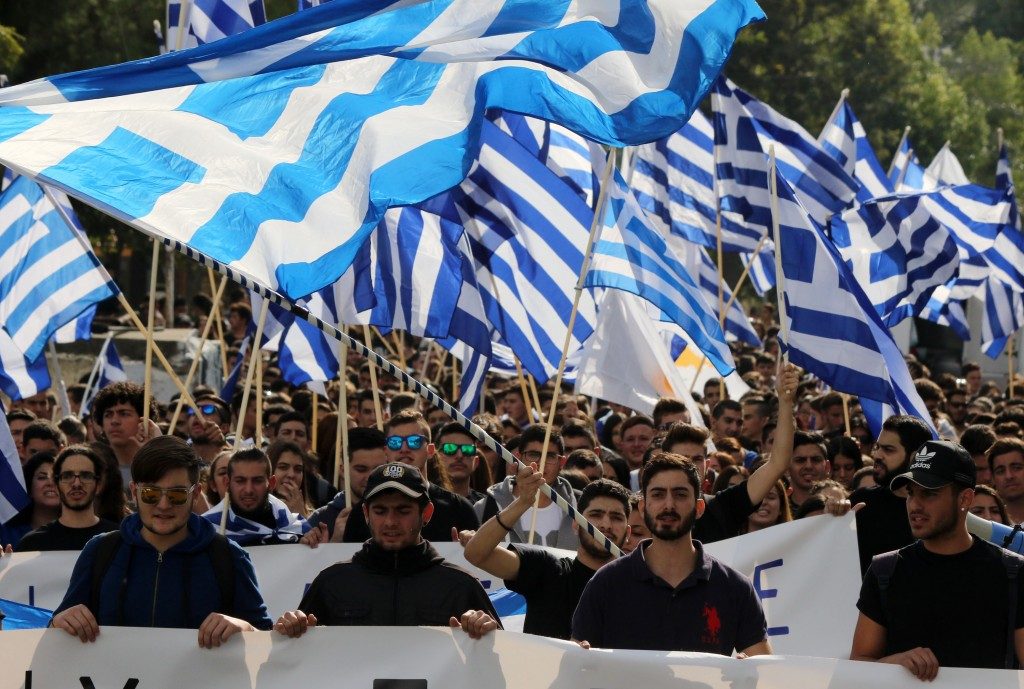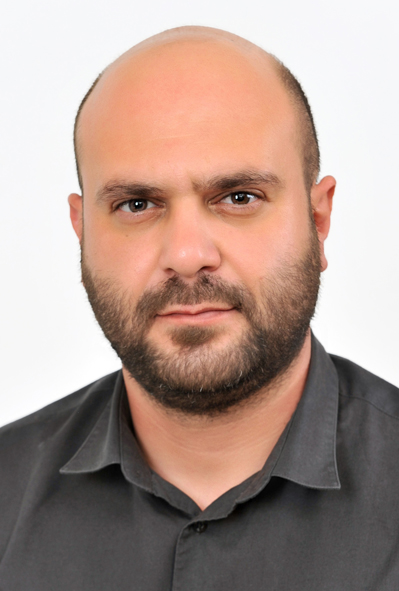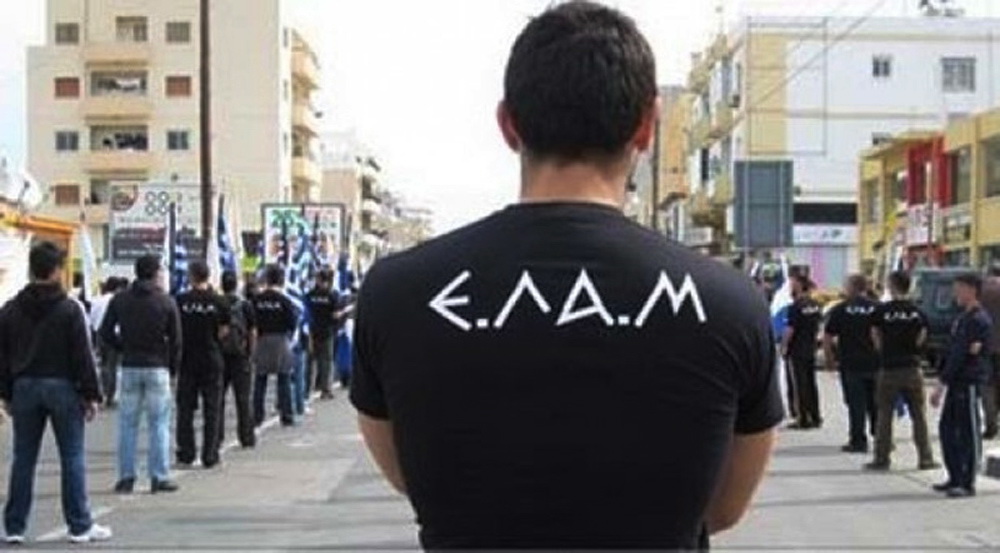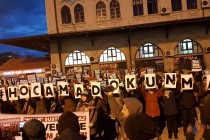Greek Cyprus’ fascist party ELAM is planning to bring coach loads of protestors to the Ledra Palace checkpoint to demonstrate on 20 July, raising fears of disorder at the Green Line border in the capital Nicosia. ELAM is notorious for using the anniversary of Turkey’s intervention on the island to intimidate those using the Cyprus Green Line border crossings as part of its campaign to oust “Turks” from the island.
As in previous years, residents and tourists from the North planning to visit the South in cars with TRNC number plates on Thursday could find themselves targeted. It is not clear what, if any, preventative measures are being taken by the Greek Cypriot authorities and UN to prevent trouble.
Members of ELAM, or National Popular Front, and other like-minded right-wing extremists regularly attack people in cars with TRNC number plates, but the levels of abuse seem to increase during the summer months.
Last July, a Turkish Cypriot family was forced to flee for their lives after their car was battered to pieces by a gang wielding iron bars. A month before that, young Turkish Cypriots returning from a night out in Ayia Napa had their car tailgated and rammed from behind, before young men armed with metal bars and baseball bats attacked them and their vehicle.
In March 2014, hundreds of ELAM supporters stormed a venue in Limassol where former TRNC President Mehmet Ali Talat was speaking about unification. Eggs, fruit and flares were thrown inside the venue to disrupt the meeting. Among those in the audience was the American ambassador. Numerous other incidents of racism and hate crime have been logged in the South, but the Greek Cypriot police have made barely any progress in bringing the perpetrators of these crimes to justice. Nor do they seem to be taking any measures to thwart these latest threats from ELAM.
The organisation operates openly and with impudence in the South, regularly spewing race-hate at neighbouring Turkish Cypriots, with little or no police counter-action. Its tolerance by the authorities, public and media is widely regarded in the North as an indication that many Greek Cypriots still privately agree with ELAM’s destructive, ultra-nationalist aims.

The party was originally formed in the Greek Cypriot Republic in 2000 to mirror Greece’s Golden Dawn party, and re-named ELAM eight years later. In May 2011, its status was elevated to an approved legal political party, which returned two Members of Parliament to the 56-seat House of Representatives in the 2016 Republic of Cyprus General Election. Ideologically backed by the Church and other state institutions, the party’s influence is anything but marginal.
In August 2016, party supporters led by their two MPs laid siege to the home and work premises of a Greek Cypriot businessman after discovering he was exporting potatoes from North Cyprus. The mob included MPs from President Anastasiades’ DISY party.

Earlier this year, ELAM was behind new political tensions when its MPs put forward a Parliamentary motion to create an annual day in the South’s school curriculum to celebrate the 1950 Greek Cypriot plebiscite for ENOSIS (union with Greece). This historic milestone goes to the heart of the Cyprus Conflict, as it was part of a campaign to Hellenise the island. While left-wing AKEL voted against it, MPs from DISY abstained, allowing the vote to be carried. There was universal condemnation in the TRNC, while President Mustafa Akıncı pulled away from the negotiations until Anastasiades agreed to have the policy rescinded – something the Greek Cypriot leader has yet to do.
The South’s hardliners make no effort to conceal their extreme agenda. ELAM’s 2011 manifesto proclaims its firm anti-federalist line concerning the Cyprus dispute, a zero-toleration of illegal immigrants, a strict Greek-centred public education to counter the “slavery of globalisation”; and an energy policy that would take full advantage of Cyprus’ exclusive economic zone. Wearing black shirts, their members hold military-style parades in the South, promoting a potent mix of populism and extremism.
But it is, above all, the violence constantly associated with ELAM, and the Greek Cypriot government’s failure to control it, which creates fears for people’s safety. Among those who have raised such concerns are Turkish Cypriot activists committed to a united island, who themselves have been victims of racist attacks in the South.
Earlier this month the Cyprus Conference in Crans Montana collapsed after President Anastasiades insisted on “zero troops, zero guarantees”. For Turkish Cypriots, the central role Greek nationalism plays in life in the South is a constant reminder of why this vital protection cannot be dispensed with. Indeed for many, ELAM’s policies and behaviour bring back memories of the genocidal bloodshed they fought against between 1963 and 1974.




